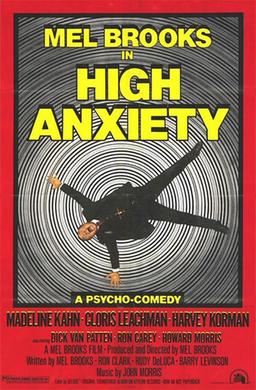 |
| The Mysterious Affair at Styles (Photo credit: Wikipedia) |
Bunn, D. and Oke, J. (2009) The Centurion’s Wife. United States: Bethany House Publishers.
- Another book given to me to read in hospital. I confess that I read to scoff, but in the end enjoyed some aspects of the book. It was unfortunately written in the historical-romance genre, which rather got in the way of the book's intent, which was to tackle serious questions of faith. But it was well-researched, and except for the clumsy and bigoted depiction of Herod Antipas, not badly written.
Christie, A. (1970) The mysterious affair at Styles. Toronto: Bantam Books.
- I have figured out why I didn't like Agatha Christie as an adolescent. I hated the wooden characters acting in apparently inexplicable ways and then suddenly doing something else entirely, out of character and equally inexplicable. But I now see that the reason the characters and their actions appear inexplicable is not because Christie couldn't write, but - on the contrary - because she is deliberately telling the story through the eyes of a creation of sheer comic genius - Mr. Hastings, Poirot's companion, who is a complete idiot. It's a miracle he can tie his own shoes. There are all kinds of clues that Hastings is a moron and that we are expected to spot this. Of course the characters are wooden and inexplicable - to Hastings, who is hilariously self-absorbed, doesn't notice other characters except as they impinge on him, and isn't much interested in them anyway. The clues are given to the rest of us even as they go whizzing by, miles over Hasting's head. He is a comic tour-de-force. When I was 13 I did not grasp the notion of an unreliable narrator and I missed all this. I shall go look for more Christie novels.
Heyer, G. (1976) Pistols for Two. London: Pan Books, and Heyer, G. (1988) These Old Shades. Signet.
- If you must read romances, read Heyer - anything except Footsteps In the Dark, which I think was her first and it was awful. "Pistols for Two"is one of her Regencies, and is not quite as successful as most, because it's a collection of short stories that read pretty much like outlines for novels she never got around to fleshing out; still fun to read. "These Old Shades" is classic Heyer, equipped with everyone's favourite Villain Redeemed By The Love Of A Good Woman, the Duke of Avon. Well-written, witty, and a pleasure to reread on a rainy afternoon. And they always end happily, in that reassuring way romances have.




































